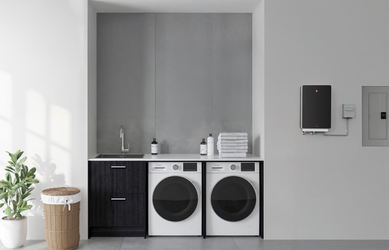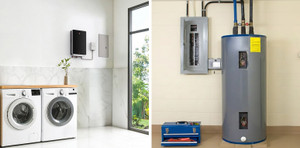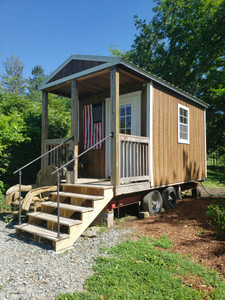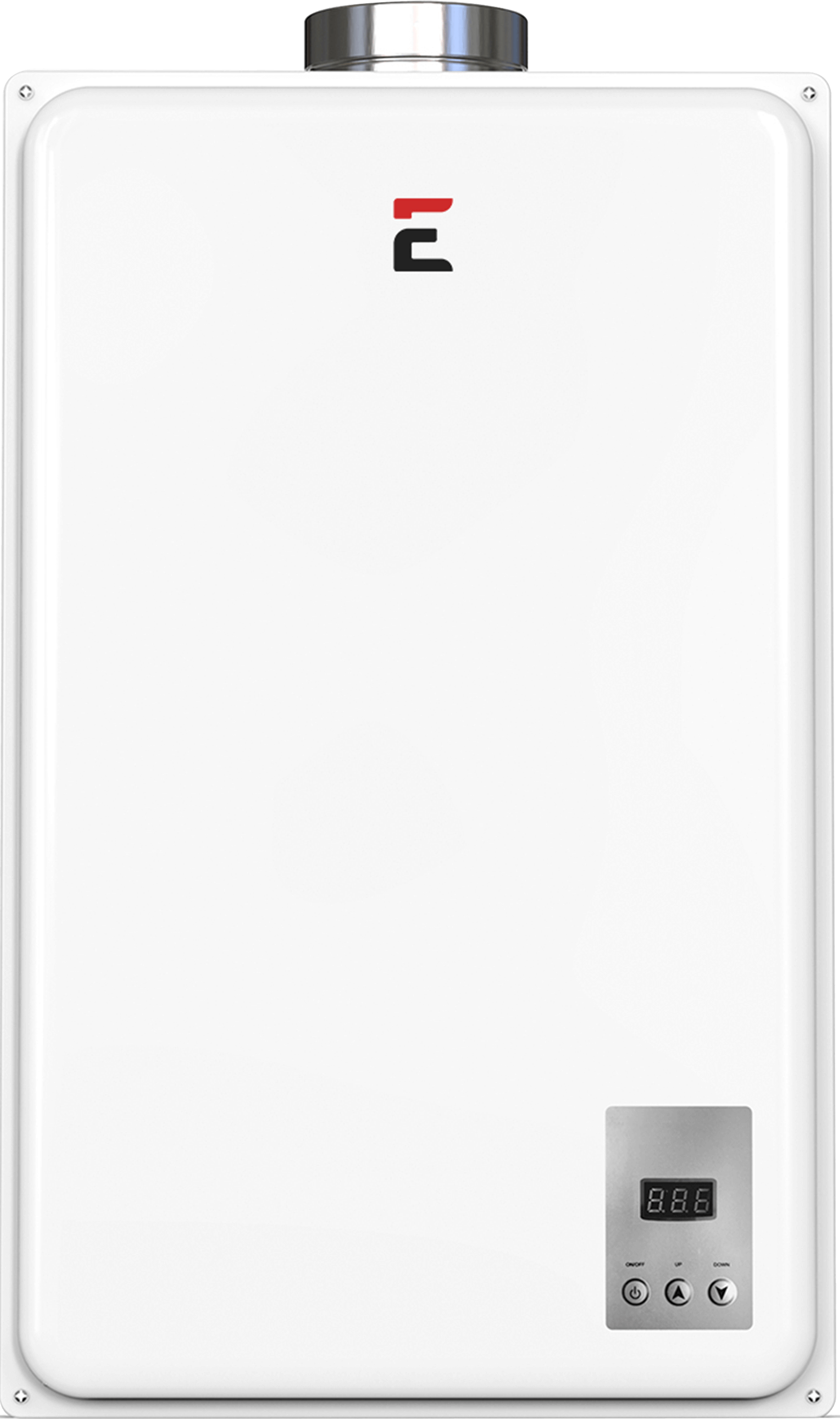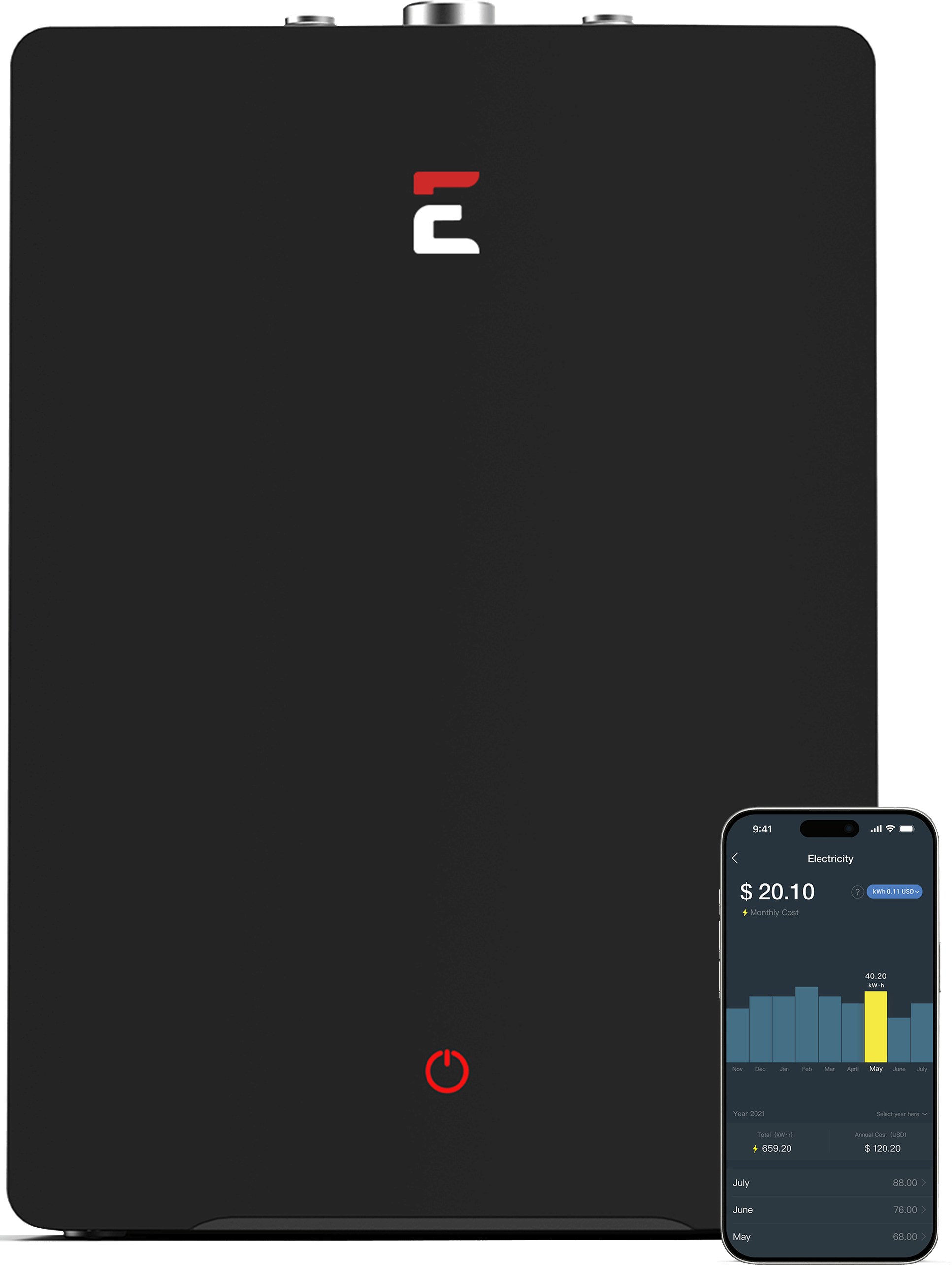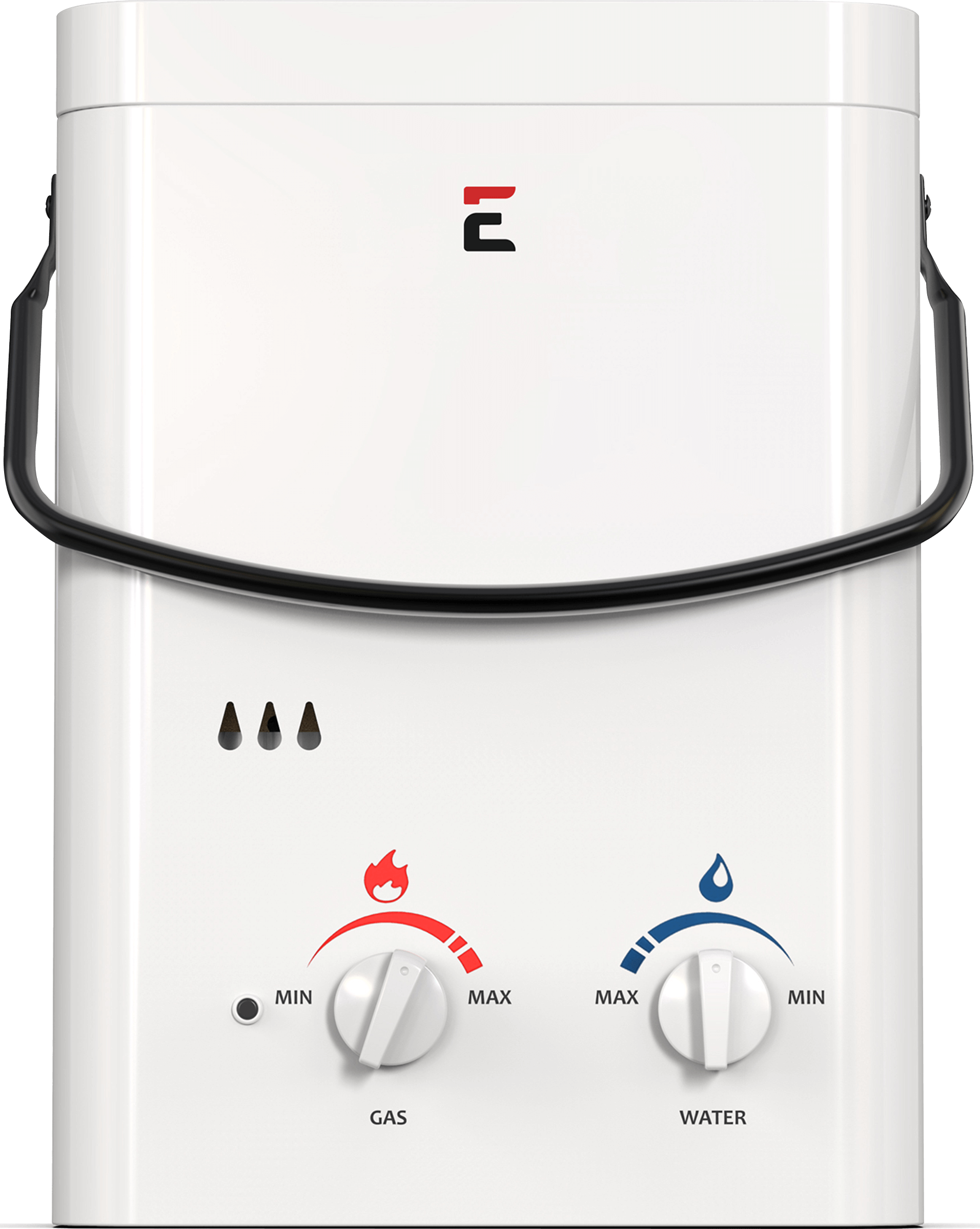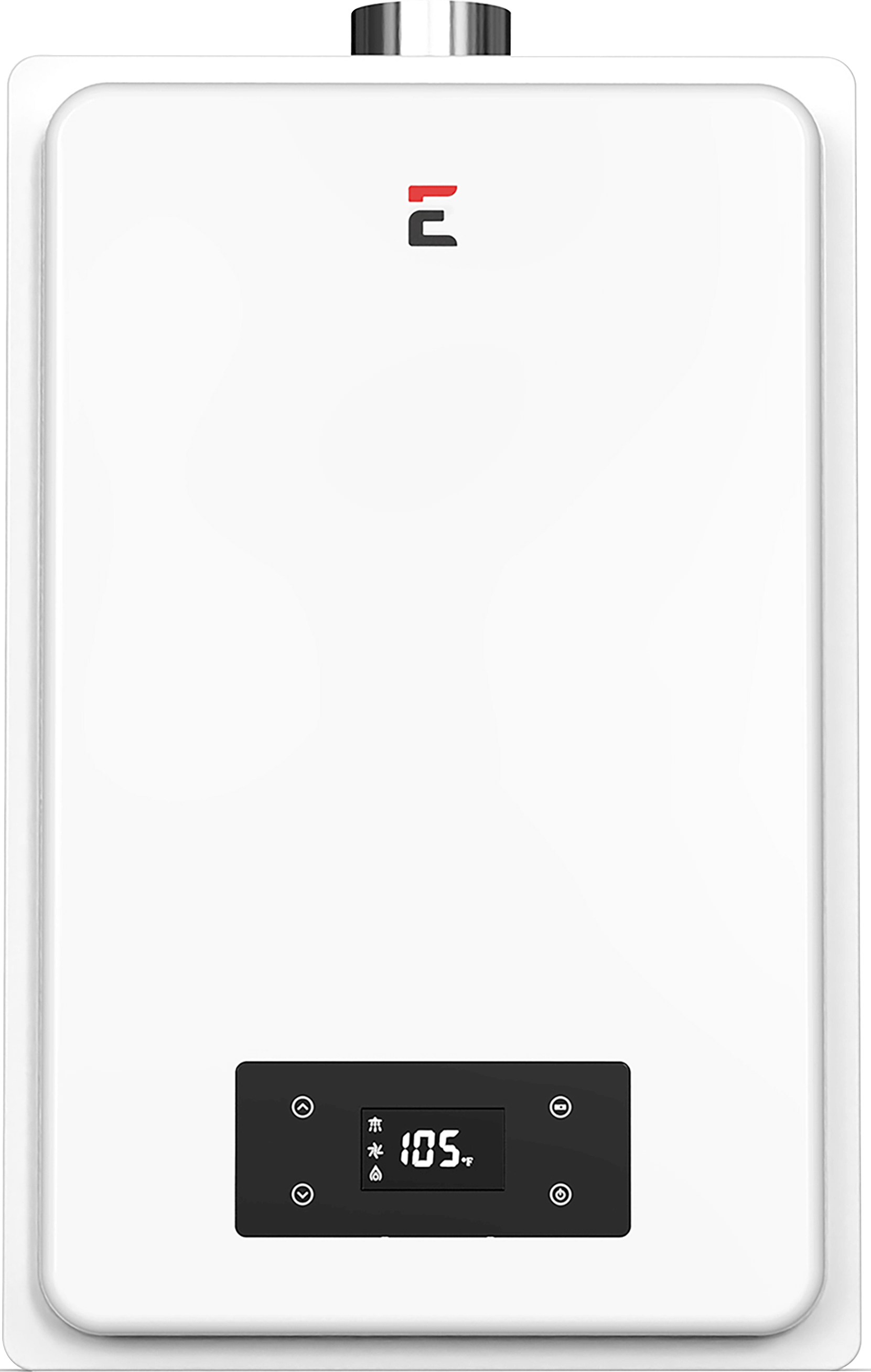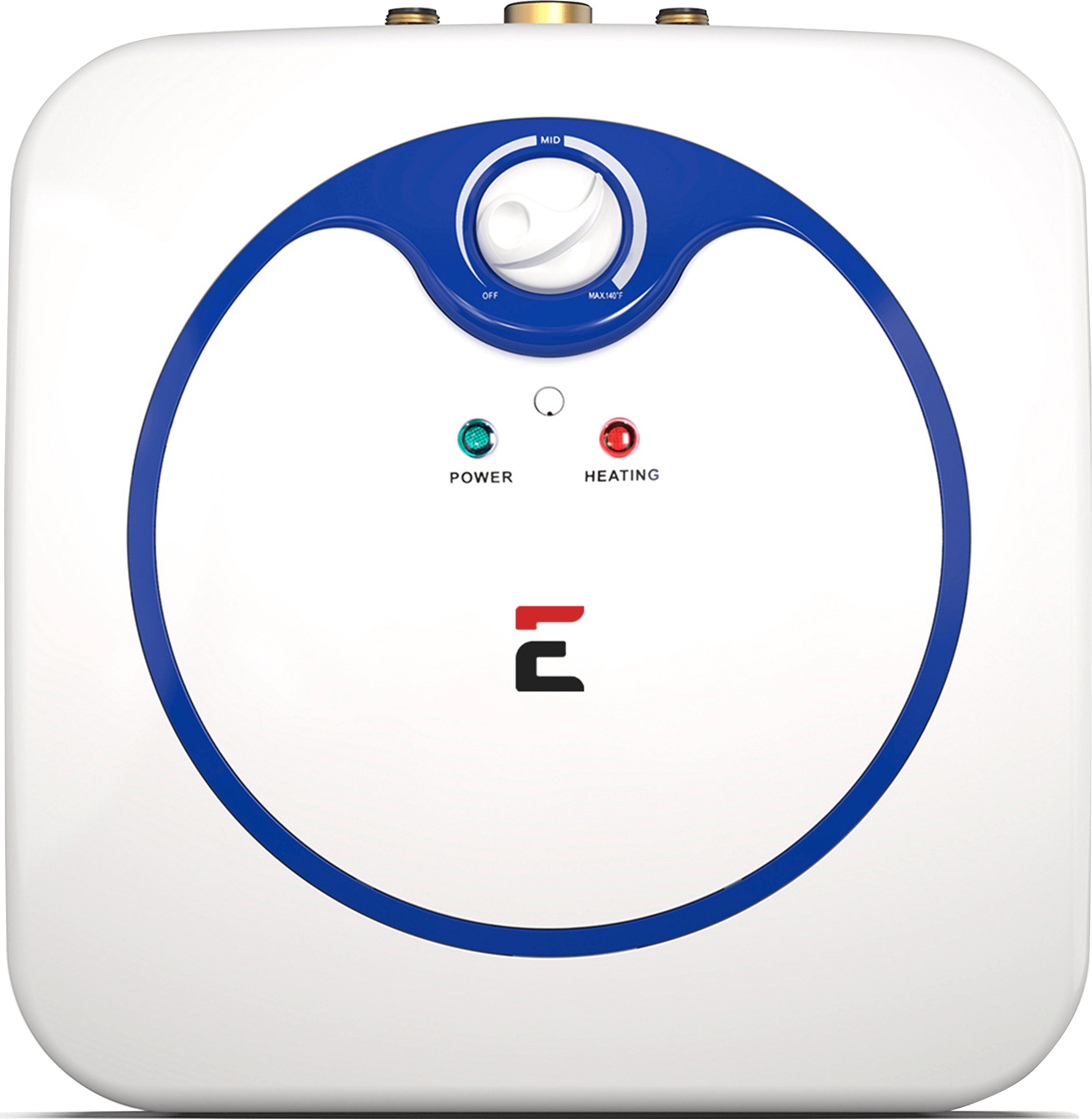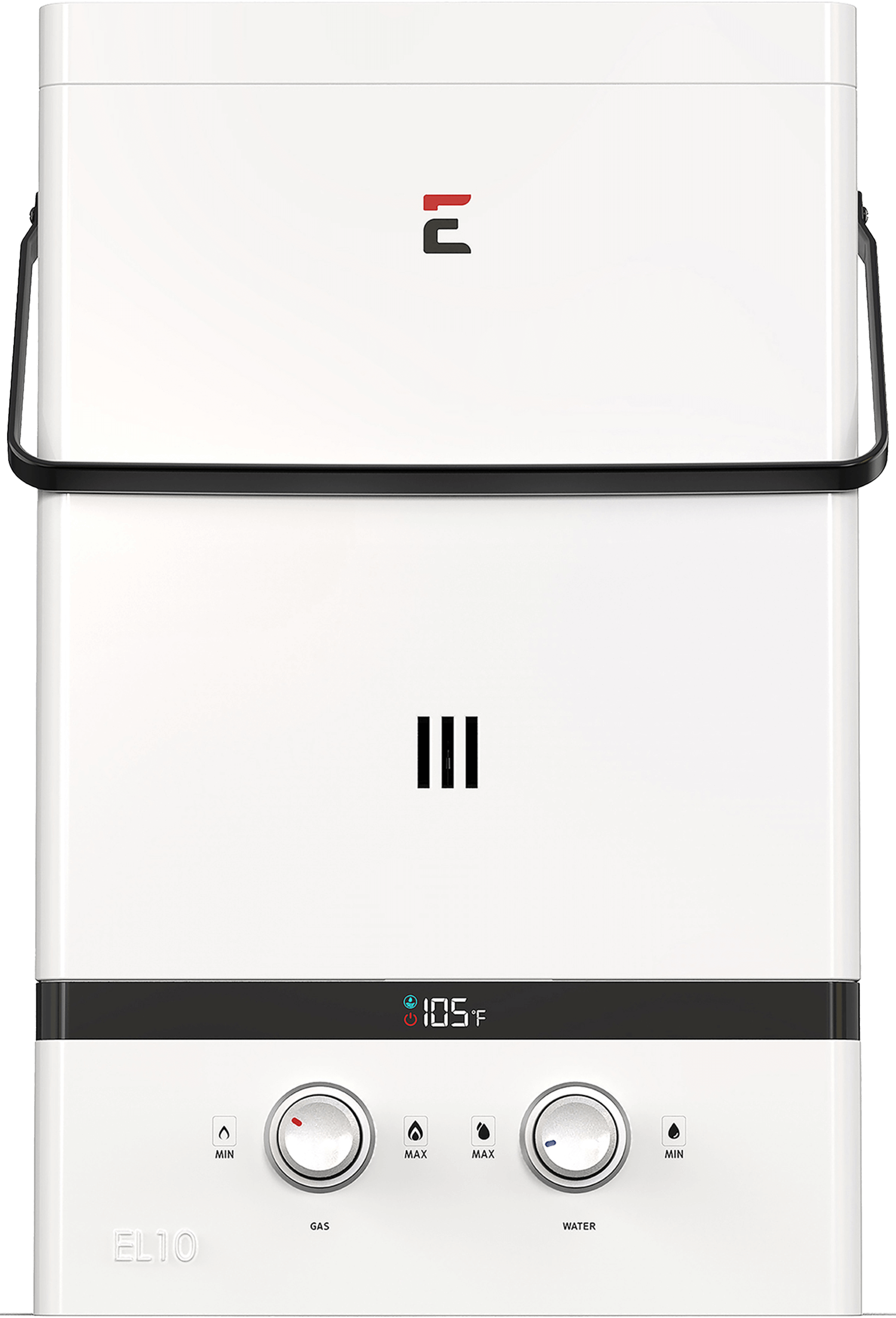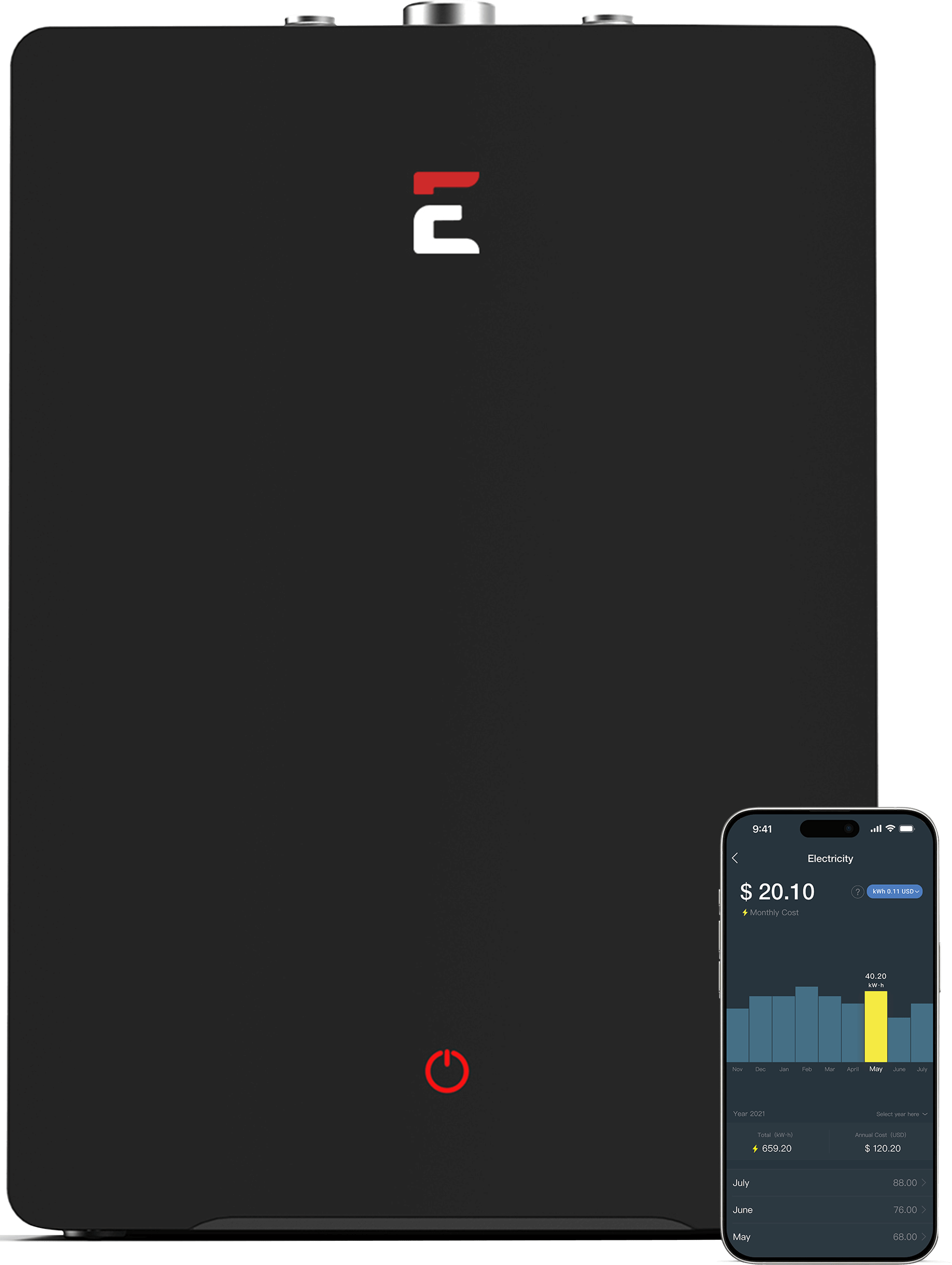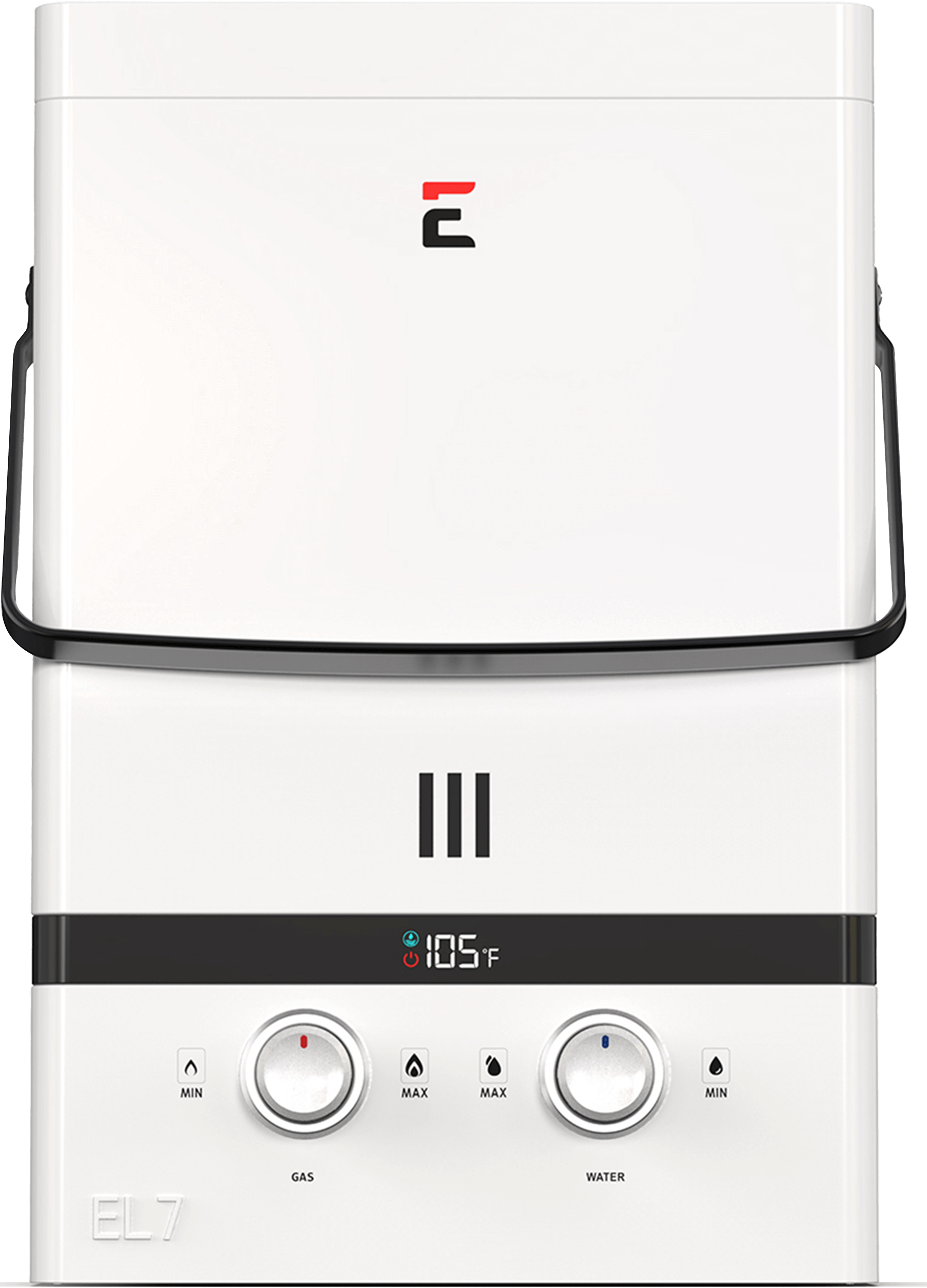A Complete 2026 Guide to Eco-Friendly Water Heating (Save More with Tankless Systems)
The future of water heating is being shaped by a global shift toward sustainability, energy conservation, and smarter living, and this transition is becoming even more prominent as households move into 2026 with increasing awareness of environmental impact and rising energy costs. Homeowners, off-grid explorers, and eco-conscious consumers are now actively seeking solutions that provide reliable comfort while lowering carbon footprints and reducing long-term expenses, and this is where the evolution of the eco friendly tankless water heater plays a vital role. With new innovations emerging across the energy efficient water heater 2026 market, it has become clear that water heating systems are no longer just functional necessities but essential components of a greener lifestyle shaped by advanced engineering, sustainable design, and intelligent performance features.
Why Eco-Friendly Water Heating Matters More Than Ever in 2026
Across the world, the conversation around sustainability is shifting from optional to essential, and this urgency is reflected in consumer behavior, home improvement trends, and government-backed energy initiatives. Water heating consistently ranks among the top energy-consuming processes inside a home or recreational setting, and this has led more people to examine the environmental impact of their everyday choices. As 2026 energy standards become stricter and environmental targets intensify, water heating technology is transforming into a key contributor to household efficiency, carbon reduction, and overall climate action. When families begin replacing outdated systems with modern eco-friendly alternatives, they are not just choosing comfort—they are choosing cleaner energy consumption, reduced emissions, and long-term financial relief.
The rise in demand is also fueled by a cultural shift toward minimalism, mobility, and smart living. With more individuals living in compact homes, converting vans into mobile living spaces, or spending more time outdoors, a growing percentage of consumers are looking for water heating solutions that support sustainability without sacrificing convenience. For many, the eco friendly tankless water heater bridges the gap between environmental responsibility and day-to-day comfort, making it one of the most sought-after technologies going into 2026.
The Rise of the Eco Friendly Tankless Water Heater
The eco friendly tankless water heater has become a standout in the conversation about sustainability because it is engineered to deliver hot water efficiently, intelligently, and with minimal energy loss. Instead of storing and repeatedly reheating water, modern tankless technology heats water only as it flows, creating a more streamlined process that aligns with sustainable living goals. This design has become increasingly popular in homes, cabins, tiny houses, RVs, off-grid settings, and outdoor environments, and as more manufacturers integrate eco-conscious materials and smarter energy optimization methods, tankless technology is rapidly becoming the gold standard for 2026 efficiency expectations.
The typical eco-friendly tankless water heater in 2026 is built with sustainability embedded into its core functionality. Many models feature advanced burner systems, low-emission engineering, improved thermal efficiency, and intelligent gas or electric modulation that helps conserve energy while still maintaining consistent performance. These systems are created to adapt to changing temperature needs, environmental conditions, and household demand, ensuring that every drop of hot water is produced as efficiently as possible.
Technology Driving the Energy Efficient Water Heater 2026 Market
As the industry heads into 2026, technology is pushing water heating beyond simplicity and into sophistication. The energy efficient water heater 2026 category is defined by advancements that improve automation, reduce waste, and enhance daily convenience in meaningful ways. Smart sensors monitor temperature, water flow, and performance conditions in real time, and adaptive heating technology uses predictive logic to ensure water is delivered efficiently and consistently. This creates a modern ecosystem where water heating becomes responsive, personalized, and optimized for sustainability.
Many of the most advanced systems now include Wi-Fi connectivity, allowing homeowners to analyze usage patterns, adjust temperature remotely, receive performance notifications, and fine-tune energy consumption through a smartphone. This digital-first approach removes guesswork, making it easier for users to participate actively in energy savings without compromising lifestyle comfort. In 2026, it is increasingly common to see homeowners tracking their daily water heating habits the same way they track electricity consumption or home security activity, creating a more engaged and informed experience.
Another major technological leap shaping the energy efficient water heater 2026 market is the incorporation of low-nitrogen oxide burners and eco-conscious engineering that reduces emissions while providing optimized heating precision. These improvements contribute significantly to cleaner air, lower fuel use, and gentler environmental impact. As governments around the world strengthen environmental requirements, the systems built with eco-friendly engineering are meeting and exceeding expectations while positioning themselves as long-term solutions for modern living.
How Tankless Systems Support Solar and Off-Grid Lifestyles
With off-grid living, minimalism, and eco-conscious travel gaining widespread popularity, tankless systems are becoming essential for those who want to harness renewable power whenever possible. Many consumers pairing an eco friendly tankless water heater with a solar power setup discover that they can dramatically lower their reliance on external energy sources. Because tankless systems operate efficiently and modulate energy use based on demand, they pair exceptionally well with solar panels, battery banks, and low-impact energy configurations.
Off-grid cabins, camper vans, RVs, and tiny homes can achieve significant sustainability milestones by choosing water heating technologies designed to conserve energy while maintaining reliable outdoor performance. In many cases, tankless systems offer lightweight installation, flexible placement, and compatibility with eco-focused living arrangements, reinforcing their role in the future of environmentally responsible water heating.
Improving Home Value Through Eco-Efficient Water Heating Choices
Homebuyers entering the 2025–2026 real estate market are increasingly searching for eco-friendly features that lower ongoing expenses and align with sustainable living goals. Energy-efficient windows, rooftop solar, smart lighting, and high-efficiency appliances all contribute to higher home value—but modern water heating systems are quickly joining this list. A home equipped with an eco friendly tankless water heater stands out to environmentally conscious buyers because it indicates lower monthly operating costs, modern infrastructure, and alignment with forward-thinking home design.
As environmental taxes, regulatory standards, and energy rating requirements continue changing, many homeowners are upgrading their water heating systems preemptively to stay ahead of long-term sustainability goals. This growing trend makes energy efficient water heater 2026 models a smart investment not only for performance but also for market value.
The Experience of Daily Life with Eco-Friendly Tankless Water Heating
Life with an eco friendly tankless water heater often feels noticeably smoother and more adaptable because the technology responds instantly to changes in water flow, temperature preference, and environmental conditions. Users experience hot water on demand without the stress of energy waste, and the streamlined approach to heating encourages more mindful use of resources. Many families appreciate how temperature consistency leads to comfortable showers, steady outdoor water flow, or reliable performance in mobile setups, and the growing number of remote workers living in tiny homes or cabins find that this technology adds convenience without overwhelming electrical or fuel systems.
Daily operation becomes nearly effortless with modern 2026 tankless systems because automation and smart features handle tasks that once required manual oversight. Safety sensors monitor combustion, water flow, and temperature stability, while energy optimization helps reduce unnecessary use and aligns with the broader goal of sustainable living. Whether installed in a home or used for outdoor adventures, the experience is designed to feel modern, lightweight, and seamlessly integrated into everyday routines.
The Environmental Benefits of Choosing Eco-Friendly Water Heating
Environmental responsibility is the driving force behind the growth of sustainable water heating technology, and adopting an eco friendly tankless water heater supports a multi-layered approach to environmental protection. Efficient heating reduces overall fuel or power consumption, minimizes carbon emissions, and decreases wasteful energy practices that have long contributed to environmental strain. When households shift toward high-efficiency water heating strategies, the cumulative environmental benefit increases dramatically, especially when paired with renewable energy choices or low-impact lifestyle habits.
Eco-friendly water heating also reduces the stress placed on energy grids, particularly during peak demand months. By using technology engineered for precise modulation and intelligent performance, homeowners can align their daily hot water consumption with larger environmental goals, contributing to a healthier planet for years to come.
What to Expect from Energy Efficient Water Heater Innovations in 2026
The 2026 landscape is shaping up to be one of the most exciting years for water heating advancements as smart technology, energy conservation strategies, and environmental commitments continue accelerating progress. Experts predict even more emphasis on connectivity, automation, and smart-home integration, and manufacturers are expected to introduce solutions that offer deeper insight into energy usage and water consumption patterns.
The modern consumer is becoming increasingly selective, favoring systems that not only perform well but also contribute to personal and environmental wellness. As a result, the energy efficient water heater 2026 category will likely focus on enhanced modulation, cleaner combustion, broader compatibility with solar and hybrid energy setups, and thoughtful design geared toward long-term sustainability. These innovations reinforce the shift toward eco-conscious living that is shaping the future of residential and mobile water heating.
Why 2026 Is the Perfect Year to Make the Switch
With environmental awareness at an all-time high and energy prices becoming more unpredictable across global markets, more individuals are taking a proactive stance by investing in sustainable upgrades that create long-term stability. The eco friendly tankless water heater represents an ideal starting point for homeowners who want to adopt greener technology without drastically altering their living setup. Performance, convenience, and energy savings come together in a way that feels accessible, modern, and rewarding.
The year 2026 symbolizes a milestone where smart technology intersects with sustainability, where consumers prioritize advanced performance and climate awareness simultaneously, and where energy efficient water heater 2026 innovations move from emerging to essential. Whether for a home, cabin, tiny dwelling, off-grid adventures, or sustainable renovation project, investing in eco-friendly water heating is no longer simply an upgrade—it is a meaningful step toward a future defined by environmental responsibility and intelligent living.
Frequently Asked Questions (FAQ)
What makes a water heating system eco friendly in 2026?
A water heating system becomes eco friendly when it is designed with energy-saving components, low-emission performance, efficient heating technology, and smart features that help reduce waste and optimize temperature delivery in real time, which aligns with the sustainability expectations of 2026.
Is a tankless system considered an eco friendly option?
Yes, many tankless systems are recognized as eco friendly because they heat water only when needed, use advanced modulation to prevent unnecessary energy consumption, and are engineered with sustainability-focused components that reduce emissions and support long-term efficiency goals.
How does an energy efficient water heater 2026 model help lower energy costs?
An energy efficient water heater 2026 model helps lower energy costs by using precise heating technology that minimizes excess energy use, adapts to water flow and temperature needs, and maintains performance through smart monitoring features that enhance daily efficiency.
Can an eco friendly tankless water heater work in tiny homes or off-grid spaces?
An eco friendly tankless water heater works well in tiny homes, cabins, RVs, and off-grid environments because it is designed to function efficiently in spaces with changing energy demands, and it pairs effectively with solar power or low-impact energy systems often used in mobile or compact living.
Are smart features important for eco friendly water heating in 2026?
Smart features are increasingly important because they allow homeowners to remotely control temperature settings, track energy usage, monitor performance, and identify optimization opportunities that reduce environmental impact while improving daily comfort.
Does an eco friendly tankless water heater improve home value?
Many homebuyers now prioritize energy-efficient upgrades, and choosing an eco friendly tankless water heater can contribute to higher property appeal by providing modern, low-impact water heating that reduces long-term operating costs and aligns with the sustainability expectations of the 2026 housing market.
Is maintenance difficult with energy efficient water heater 2026 models?
Maintenance is generally straightforward because newer 2026 models include smart alerts, diagnostic features, and improved internal engineering that make it easier for homeowners to stay informed and take action before performance issues arise.
Can a tankless system help reduce my carbon footprint?
Yes, a tankless system contributes to a smaller carbon footprint by minimizing energy waste, using cleaner heating technology, and lowering overall fuel or power consumption, which supports broader environmental sustainability goals.
How long does an eco friendly tankless water heater typically last?
The lifespan varies based on usage, water quality, and regular care, but many eco friendly tankless water heaters are engineered for long-term reliability, especially when maintained according to manufacturer recommendations and supported by annual inspections.
 Weekly Deals
Weekly Deals
 Water Heaters
Water Heaters
 Accessories
Accessories
 Installation
Installation
 Parts
Parts
 Protection Plans
Protection Plans
 Final Sale
Final Sale
